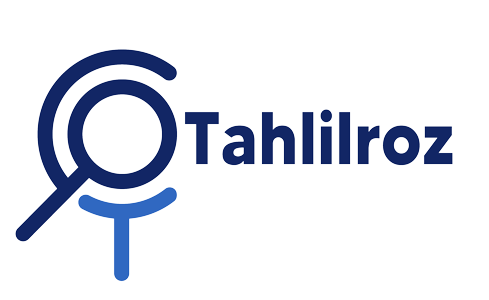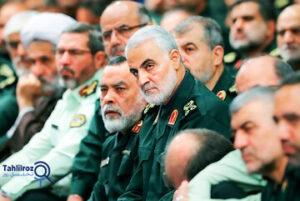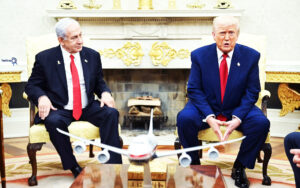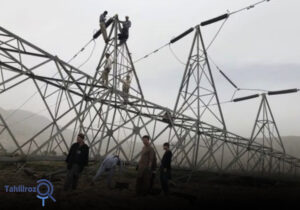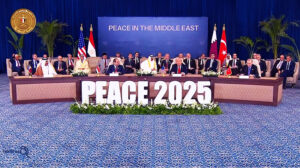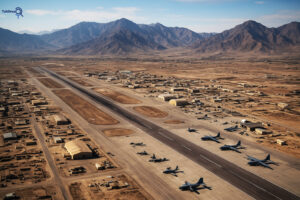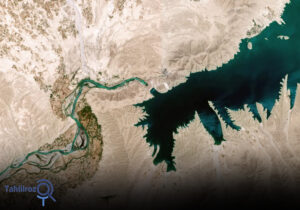Israel continues its crimes. The martyrdom of Ismail Haniyeh was the latest controversial crime of the Zionist regime. But what is certain is that these crimes are painful and life-threatening and will never change the scene in favor of the Zionists. Of course, what happened in Tehran was a violation of the security and national authority of the republic. This could be considered a matter between Iran and the Zionist regime and has nothing to do with the Gaza war. The Zionist Regime knows that Iran will not back down, Israel has not yet forgotten Iran’s recent response.
-
Is Iran taking the revenge for Haniyeh’s blood hard or soft?
Iran’s senior officials have promised that they will take revenge for Ismail Haniyeh’s blood. Initial reports indicated that Tehran had prepared a serious plan to target Israel, as well as a defensive plan in case of another Israeli retaliatory attack. However, things seem to have calmed down. Today, the question arises, will Iran respond militarily to the assassination of Ismail Haniyeh and the violation of its territorial integrity?
After Iran’s promise of revenge, a number of senior diplomats and even heads of states sent de-escalation messages to Tehran. On August 7, French President Emmanuel Macron had a conversation with his newly elected counterpart, Masoud Pezeshkian, and called for restraint.
Iran is now considering two options; The first is a calculated military response, similar to the April 13 attacks on Israel. The second option is to anticipate a military response in favor of a permanent ceasefire in Gaza and return to negotiations aimed at reviving the 2015 Iran nuclear deal (JCPOA).
However, the declaration policy will remain the same. Iranian authorities will continue to threaten “revenge at the right place and time”; But mainly as a psychological operation that aims to keep the Israelis in a sense of danger. Iran’s true intentions were revealed in a statement issued by the country’s delegation to the United Nations on August 9.
“Our priority is to establish a lasting ceasefire in Gaza,” the statement said. “Any agreement accepted by Hamas will be recognized by us.” The representative of Iran in the United Nations added: “Our national security and sovereignty have been violated in the recent terrorist act of the Israeli regime. We have the right to legitimate defense and this has nothing to do with the Gaza ceasefire; But we hope that our response will be done in time and in a way that does not harm the possible ceasefire.”
Meanwhile, Tehran’s strategic allies, China and Russia, are trying to persuade Iran to refrain from a large-scale military response. On August 12, Chinese Foreign Minister Wang Yi told his Iranian counterpart Ali Bagheri kani: “China supports Iran’s legitimate efforts to defend its sovereignty, security and national dignity.” The senior Chinese diplomat, however, added that his country is willing to maintain close ties with Iran to maintain peace and stability in the region. Russia is also signaling its desire to de-escalate tensions.
During the visit of Sergei Shoigu, the secretary of the Russian National Security Council, to Tehran on August 5, Shoigu gave a message to Tehran on behalf of Russian President Vladimir Putin and asked to avoid civilian casualties if Iran strikes Israel. “Russia will probably demand de-escalation. Russia’s main concern is the stability of Syria at the moment. Russia will not have any direct involvement in hostilities. Basically, the war is not in Russia’s interest.”
-
What is Iran looking for after Ismail Haniyeh’s martyrdom
In any case, revenge for Ismail Haniyeh’s blood is an obligation, but Iran is looking for a diplomatic win. After the delay in responding to the assassination of Martyr Haniyeh, a discussion has started in the international media that various Western and Arab parties are putting diplomatic pressure on Iran to refrain from a military response in favor of a ceasefire in Gaza. Of course, the main side of the story is the U.S, but Qatar, Egypt and Jordan, as negotiators of the story, call Iran every few days and explain the story.
Iran has the right and duty to respond seriously to this insult, but it might not be bad to give this opportunity to negotiations. Because the attack during the negotiations will give Israel an excuse to withdraw from the negotiations. Now that it is still pending, this real threat has become a lever to pressure the Zionist government.
Of course, it is believed that the Zionist regime will by no means be satisfied with the end of the war in a way that meets the minimum requirements of Hamas. Because such a ceasefire will mean the end of Netanyahu’s government and his removal from the internal processes of the usurping government.
So, giving time to the negotiations will make the regime’s government to be politically in the corner of the ring and see America a little further away from them. This may end up a little in favor of the resistance front and destabilize the American defense during Iran’s response, or at least reduce the legitimacy of this issue. The regime that has violated Iran’s territorial integrity and has said no to the diplomatic efforts of Western countries will surely face more problems.
Of course, America’s intention in prolonging the negotiations is to reduce the fever of Iran’s response. This is the biggest drawback of this path and should be followed with a pessimistic view towards America. verbal threat every few days by senior commanders, preparation of the missile department and even momentary maneuvers and some other measures can prevent this. In the diplomatic arena, special emphasis should be placed on Iran’s right to military response and this should be repeated at every opportunity.
With all this, even if the war in Gaza really ends, Iran is still obliged to respond to terror in Tehran with terror in Tel Aviv, not as just a revenge for Ismail Haniyeh’s blood. It is true that a truce can replace a massive military attack, but nothing will replace the blood of a guest and the insult of Iran’s dignity except the blood of the Zionists.

Mohsen Shahrafiee, analyst
